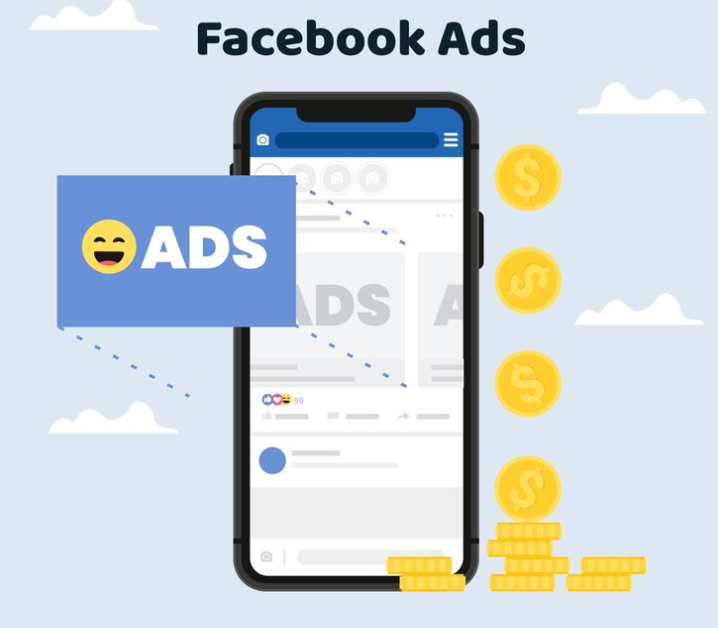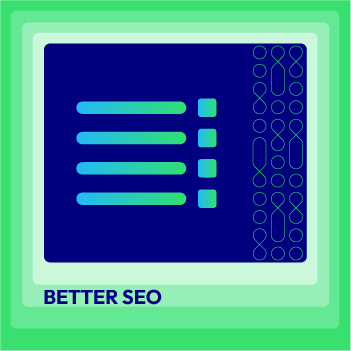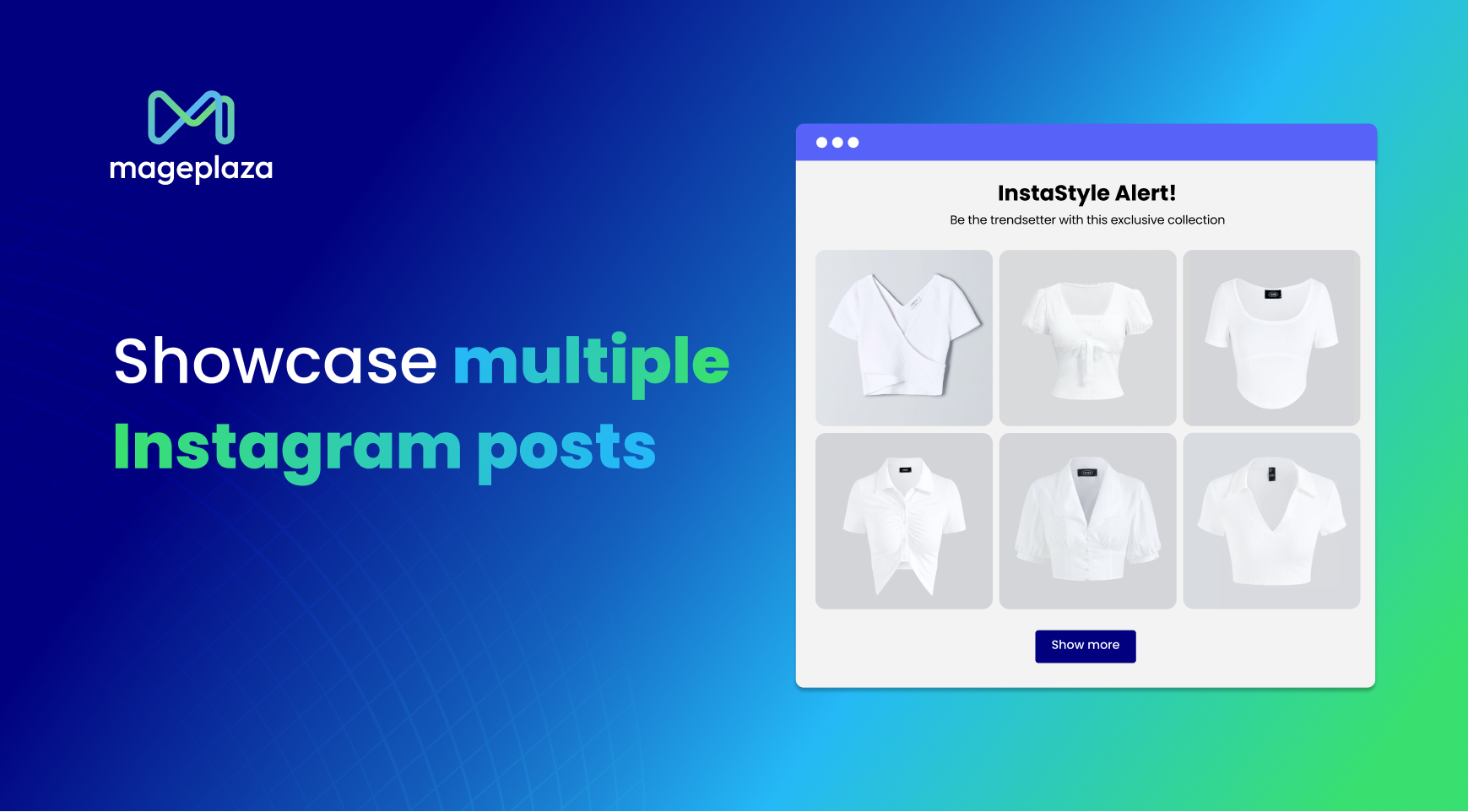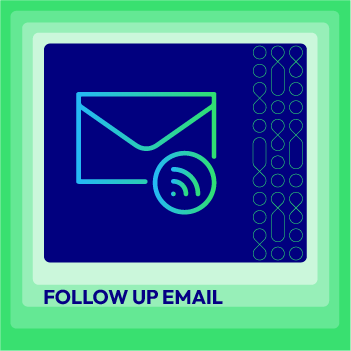10 Best Tactics to Promote Your Online Store

You’ve set up your online store and are ready to start selling. However, what’s challenging is attracting customers to your online store, thereby getting more traffic and increasing sales.
If you’re struggling not knowing where to start, this article is for you.
In essence and principle, digital marketing for an eCommerce website isn’t different from traditional marketing. However, there are many ways, both free and paid, to promote your online store. This article introduces 10 marketing tactics to increase traffic to your eCommerce retail.
Why is it essential to promote your online store?
Building a website will not be enough to generate sales. You’ll need to use different digital marketing techniques and a long-term marketing plan to stand out from the competitors and gain market share in the eCommerce world. The ultimate purpose of promoting your online business is:
- Reach your potential customers
- Convince customers about your products and services
- Build trust and entice customers to buy

Who are your primary audiences to promote your online business?
For an effective marketing strategy, you should divide your time and budget according to marketing activities. In general, there are 3 main target groups of online store marketing with different approaches:
- People who know about your store or have shopped in the past: Contact them directly through social media, content marketing, or email.
- People who search for the products you offer: Help them discover that your product meets their needs through search engine optimization (SEO), content creation (blogging), and website optimization.
- People who already know and want to buy your products: Increase their brand awareness to make purchasing decisions through comparing articles or analyzing their problems, and offering solutions.
5 unpaid promotions and organic marketing strategies

Effective unpaid marketing uses your presence on free or already paid platforms. Begin with optimizing your website’s SEO and extend this approach to email marketing and social media platforms.
1. Blogging
Blog articles reach customers in various ways. Writing blog articles not only showcases your expertise and establishes your industry authority but also adds value to shoppers, creates shareable content, and significantly boosts your website’s search engine ranking.
You can write blog articles for your own website or pitch guest posts on sites with larger audiences. For instance, a blogger from an online soap boutique could write about the top five ingredients found in the best soaps. This post would demonstrate their knowledge of soap-making and skin health, highlight their commitment to sourcing high-quality ingredients, educate readers on the best practices for buying soap, encourage readers to share the post with friends, and rank well for search terms related to their business.
Blogging about popular topics in your niche creates lasting impact. Use keyword research to guide you. If a page ranks well, you could get new customers from blog posts published months or years ago.
2. Website SEO Optimization
SEO optimization is critical for improving your website’s visibility on search engines. If your website is more relevant to a search term, it will be listed higher on the search results page.
You should use free keyword research tools to identify these terms and combine them strategically throughout your website:
Add keywords into page titles, meta descriptions, product descriptions, the About Us page, and contact information. Use analytics tools like Google Keyword Planner to track keyword performance and adjust your strategy accordingly.
3. Social media

Social media platforms let you connect with online communities that may not be aware of your business otherwise. Depending on your industry and target audience, certain social media channels may be more effective for your business than others.
For instance, a ceramics studio can effectively make use of visually oriented platforms like Instagram and Pinterest to showcase intricate craftsmanship processes and captivating final pieces. This not only enhances brand presence but also drives engagement through interactive content and customer testimonials.
To build strong momentum, focus on one or two social media accounts. Begin with the channel where you have the largest audience, and as your following grows, consider linking directly to your e-commerce store in your profiles or enabling in-app shopping. This way, new customers can easily click and make purchases.
Mageplaza Instagram Feed for Shopify
Engage visitors, build trust, and customize effortlessly. Streamline tasks and boost interaction.
Check it out!
4. Email List
Creating a list of email subscribers is highly effective for small businesses looking to promote their products. It provides a ready audience for your updates.
To get your email list growing, give readers a reason to sign up. Businesses often offer incentives such as store discount codes, free downloadable content like images or gift guides, exclusive event invitations, and early access to new products.
Using email automation makes the process of sending emails to subscribers automatically easy. It’s important to send emails from a dedicated professional email address to ensure trust from customers and spam sensors.
5. Unpaid partnerships

Beyond mutual respect, kindness, and encouragement, developing strong relationships with fellow entrepreneurs is paramount for brand awareness. Building strong relationships with fellow entrepreneurs sets the stage for future partnerships. These collaborations often contain cross-promoting each other’s products, expanding your reach.
For example, a cosmetics company may propose a collaboration with a local photographer. The company provides makeup products and a model, while the photographer captures professional-grade portraits. Both business owners would share images on their accounts, tagging each other.
When entering into a partnership, it’s essential to evaluate how their vision, mission, and values align with your brand. Since your reputation will be associated with theirs, ensure that it’s a public-facing relationship that aligns with your business. Effective unpaid partnerships are rooted in shared values and aligned visions. It’s crucial to ensure that such collaborations resonate authentically with your brand’s ethos and contribute meaningfully to both partners’ objectives.
By fostering these relationships, businesses not only expand their customer base but also develop a network of support and innovation within the entrepreneurial community.
Types of paid promotions and marketing to try for your business
Paid promotions complement unpaid marketing efforts by reaching potential customers who may not be aware of your product or online shop. In contrast, paid advertising strategically targets your ideal audience through algorithms and specific keywords. It’s important to note that continuous payment is required to keep paid promotions going.
1. Paid Social Media Ads

Definition: Paid social media advertising involves spending money to promote your brand or products on social platforms.
How It Works: You create ads targeting specific audiences based on criteria like location, interests, demographics, and behavior. These ads appear on various platforms like Facebook, TikTok, Instagram, and LinkedIn.
Benefits:
- Precise Targeting: Reach your ideal audience with granular targeting.
- Instant Feedback: Adjust your strategy in real-time based on ad performance.
- Trackable ROI: Measure the value of your investment in dollars and cents. Example: If a jewelry shop advertises its best-selling necklace on its most popular social channel, viewers have the opportunity to click the photo and make a purchase. Even if they’re not immediately ready to buy, they can still interact with the jewelry shop by liking, commenting, or following the account. This interaction enhances the shop’s reach for future posts.
2. Pay-Per-Click (PPC) Advertising:
Definition: PPC allows you to pay for ad placement on SERPs (search engine result pages) when users search specific keywords or phrases. PPC ads aim to direct traffic straight to your website.
How It Works: You bid on keywords, and your ad appears when someone searches those terms. You pay only when someone clicks your ad.
Benefits:
- Quality Leads: Well-executed PPC can generate high-quality leads.
- Speedy Results: Quickly direct potential customers to your site.
- Level Playing Field: Creating a fair playing field even where small businesses can compete effectively.
Example: PPC marketing involves short, text-based advertisements displayed at the top of search engine results. While these ads require ongoing investment, they greatly enhance your visibility, attracting new customers to explore your online store.
3. Influencer Marketing

Definition: Consumers frequently turn to celebrities and influential figures for product recommendations. Social media influencers, with their large audiences and influential platforms, make excellent candidates for paid partnerships. Unlike unpaid collaborations, your business gains promotional benefits, while the influencer receives compensation.
How It Works: Influencers, ranging from mega-celebrities to nano-influencers, promote your brand or products to their engaged communities. To explore advertising partnerships, check the influencer’s social media bio for their business contact email and inquire about rates and next steps.
Benefits:
- Trust and Authenticity: Influencers build trust with their followers, leading to social proof for your brand.
- Niche Expertise: Choose influencers relevant to your target audience.
- Higher Engagement: Influencers promote authentic connections and drive interaction.
Example: Collaborating with a beauty vlogger to promote skincare products.
Best Strategies to Make Your Store Stand Out
These tactics are beneficial for both acquiring new customers and retaining existing ones.
1. Build Your Email List

Even for physical stores, having a solid email marketing plan is crucial. Collect email addresses from customers, potential customers, and those interested in your events. When you launch your online store, you can email them about it. Consider offering a special promotion or referral discount to encourage sharing.
Email has always been one of the most effective marketing tools. Many brands use pop-up boxes to invite users to sign up for their emails in exchange for a discount, like 15% off their first purchase or free shipping. Regular communication with your email list is key, so include promotions, new content, and product updates to keep customers engaged.
2. Enhance Your Social Media Presence
To boost digital engagement, focus on improving your social media channels with eye-catching images and engaging videos. For instance, Bon Bon Bon effectively showcases their products on Instagram. Other strategies include hosting giveaways, collaborating with bloggers in your niche, and using relevant hashtags.
If you already have a strong social media presence, now is the time to increase your posting frequency and invest in high-quality visual content. Engaging with your followers can raise brand awareness among their connections. If your social media needs improvement, concentrate on platforms that suit your target audience.
3. Optimize Your Website for SEO
Search engine optimization (SEO) involves various strategies to improve your site’s visibility. Start by understanding how your target audience searches for your products. Pay attention to on-page content, including product titles, descriptions, and images. Ensure this content uses language that resonates with potential customers.
Don’t overlook meta tags; these help search engines understand what each page is about. Each of them should have a unique title tag and a brief meta description that appears in search results.
4. Advertise on Social Media Platforms
Social media is an effective place to allocate your ad budget since many users spend time on these platforms. Consider where your target audience is most active—if they prefer Instagram over Twitter, focus your advertising efforts there. Start with photo ads featuring engaging images of your products and adjust based on performance.
5. Experiment with Google Ads
Google Ads lets you bid on keywords to get better positions in search results. While SEO aims for organic visibility, Google Ads can provide immediate results and help you drive traffic to your website. You can adjust your campaign strategies based on real-time performance data.
6. Collaborate with Complementary Brands
Partnering with other brands for cross-promotion can expand your reach. Look for businesses with a similar audience but different products. For example, if you run a pet supply store, teaming up with a pet grooming service could attract more customers. You can co-sponsor events or create joint promotions to attract new customers.
7. Create Engaging and Helpful Content
Producing valuable content can attract visitors and establish your brand as an authority in your field. For example, Robert Ellis from Bavarian Clockworks focused on creating detailed resource pages to help customers learn about authentic German cuckoo clocks. “Our user guides are the heart of the website,” Ellis says, noting their value for customers and SEO.
8. Consider Influencer Marketing
Influencers with large online followings can help promote your products to a wider audience. But don’t just cooperate with big stars and forget about your goal. You should work with influencers whose audience actually cares about your products, or else it’s just a waste of money. Common strategies include blog posts, social media reviews, or mentions at events.
9. Engage in Online Events and Discussions
With the rise of online communication, participate in webinars or virtual conferences to increase brand awareness. Take advantage of every opportunity that you can to showcase your expertise in relevant communities.
10. Open A Physical Store

If you have a recognized brick-and-mortar store, leverage your in-person interactions to drive traffic to your online shop. Encourage shoppers to join your email list during checkout, promote your loyalty program, and highlight social media promotions. Offering flyers with promotional codes for them to share can turn in-store customers into powerful advocates for your brand.
Additionally, use a QR code generator to include QR codes on your flyers to make accessing your website or promotions easier and more engaging.
Offline to Online Marketing Success Stories
Let’s take a look at some successful stores that applied the above tactics!
1. Tin Pot Creamery
Tin Pot Creamery, a California-based scoop shop, is known for its healthy yet delicious offerings like frozen yogurt and ice cream with various toppings. Before the pandemic, Tin Pot Creamery was a prominent name in the industry.
However, the Covid-19 crisis forced them to adapt. Becky Sunseri, the founder and Creative Head, sought alternative solutions. With their online store, they could explore various digital marketing avenues, including social media and SEO-optimized web content, while also enhancing their marketing campaigns for better returns on investment.
2. Sara Campbell
Sara Campbell began with a physical store in Boston and was rapidly gaining profits and building a loyal customer base until the Covid-19 pandemic hit. When their Boston location had to close despite growing demand, the brand had no choice but to transition to an online e-commerce platform. This shift opened new opportunities for marketing and growth.
Courtney Harris, the Director of Operations, noted that social media played an essential role in the success of their online store, significantly expanding their market and increasing profits. The brand effectively leveraged resources such as social media marketing and influencer partnerships to establish its online presence and authority.
How do I decide which marketing strategy is suitable for my online store?

There are many famous and influential ways to promote your business online. However, which strategy to adopt will depend on your business goals and activities. We suggest some questions help you consider and make the right decision:
- Do you have a strong email list at hand? If yes, you can start with email marketing.
- Are your social media platforms doing well? If so, you should focus your investments on those channels.
- Is your goal to reach new and unknown customers about your brand? In this case, you should consider your content strategy and SEO to go organic.
Conclusion
Promoting your online presence and increasing traffic is a tough challenge that requires a lot of time and effort. However, it’s possible to take it one step at a time and use the strategies suggested in the article.
Don’t let yourself be overwhelmed by doing too many things at once. Instead, be consistent, be patient, and choose some proper marketing tactics. A well-thought-out plan from the outset can bring the most long-term benefits and sustainable revenue to your business. In addition, continuously monitor results and make adjustments as needed to make effective resource change and investment decisions.










![Top 20+ Must-have Shopify Apps for 2025 [Free & Paid] - Mageplaza](https://cdn2.mageplaza.com/media/blog/must-have-shopify-apps/top-must-have-shopify-apps.png)
![[2025 Updates] Top 10+ Upsell Apps for Shopify - Mageplaza](https://cdn2.mageplaza.com/media/blog/best-upsell-shopify-app/cover.png)